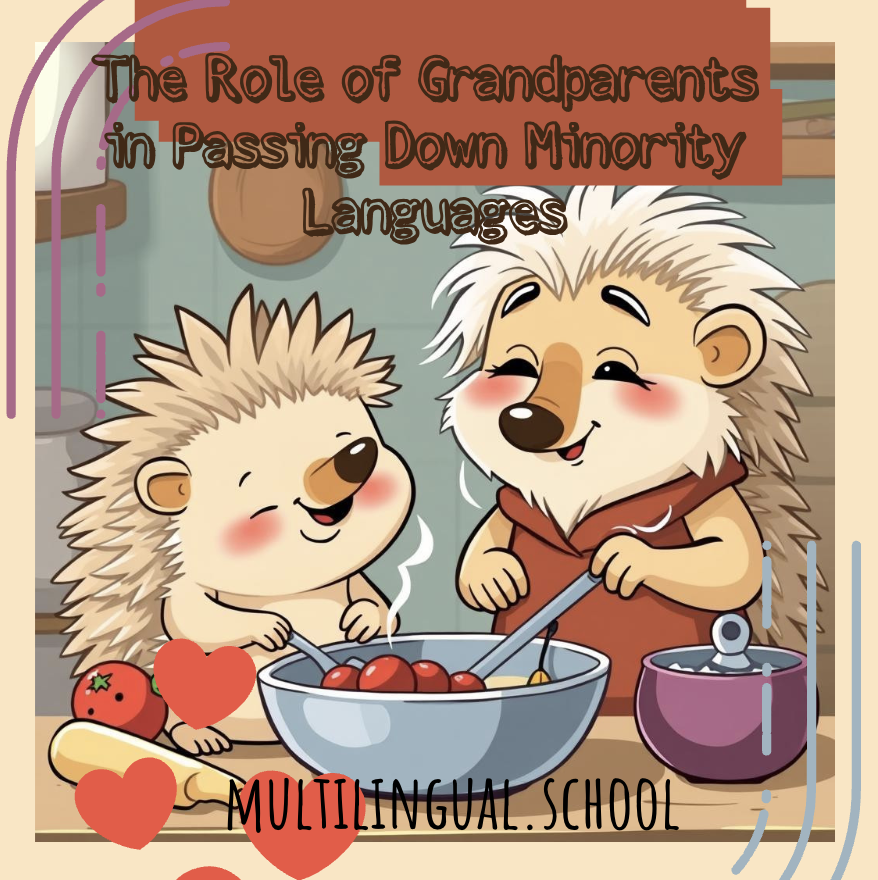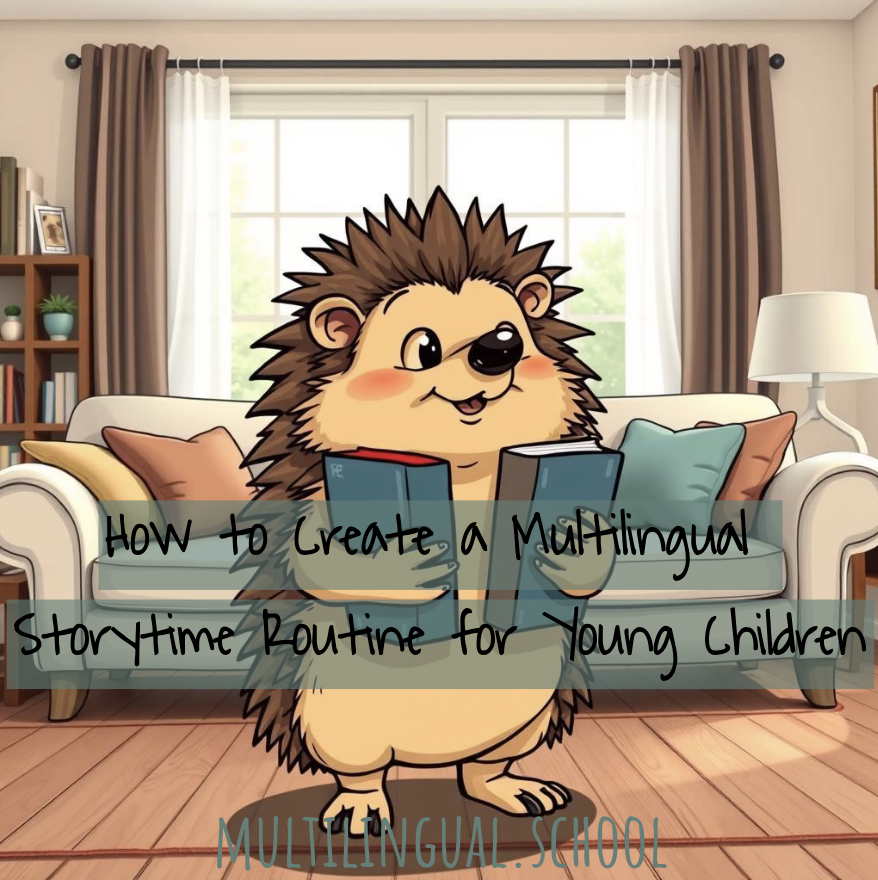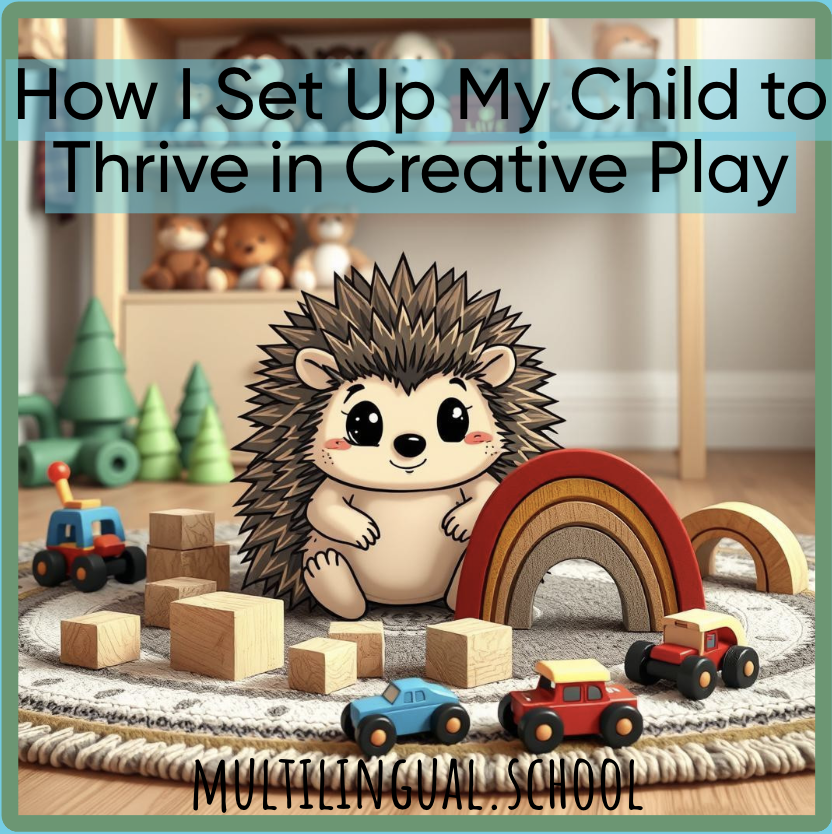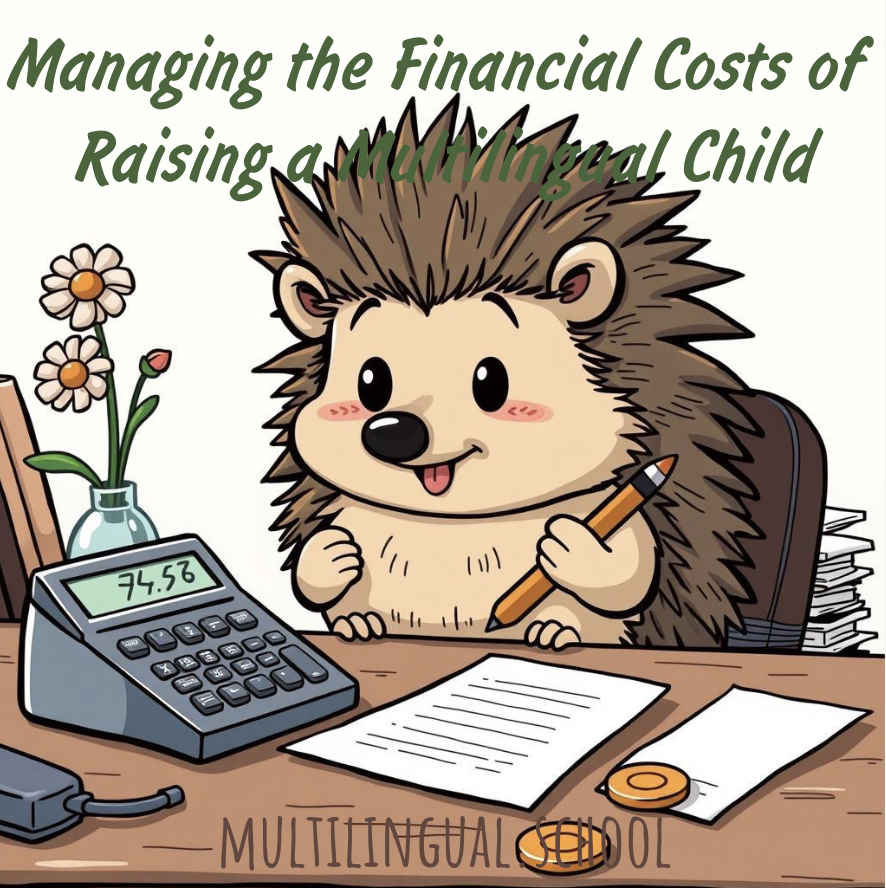Your child feels embarrassed to speak your minority language? How you can help.
This post may contain affiliate links, which means that I may receive a commission if you make a purchase using these links. You do not pay a higher price.
What to do when your child feels self-conscious to speak a minority language
Supporting a child who feels self-conscious or embarrassed about speaking a non-dominant heritage language with their parents can be a delicate but rewarding process. It’s about fostering pride, reducing pressure, and making the language a natural and positive part of their life. Here’s how you can help:
Validate Their Feelings
Start by acknowledging your child’s discomfort without judgment. Let them know it’s normal to feel unsure or different, especially if they’re surrounded by a dominant language at school or with friends. Reassure them that their heritage language is a special part of who they are, even if it doesn’t feel that way yet.Create a Low-Pressure Environment
Avoid forcing the language on them, as this can heighten their embarrassment. Instead, weave it into daily life in fun, casual ways - think songs, bedtime stories, or playful phrases tied to their interests. Let them set the pace, so they feel in control rather than judged.Highlight the Cool Factor
Show your child that speaking a heritage language is a strength, not a flaw. Share examples of successful or inspiring people who are multilingual, or point out exciting aspects of the culture - like festivals, food, or movies - that come with the language. The goal is to make it feel relevant and awesome.Connect Them with Peers
Help your child find others who speak the heritage language, whether through community groups, language classes, or even online chats. Seeing peers embrace the same language can shift their perspective from feeling “weird” to feeling part of something bigger.Lead by Example
Use the heritage language yourself with confidence and joy, even if it’s just a few words or phrases. Share your own experiences - funny mishaps or proud moments - so they see it’s okay to stumble and still value it. Your attitude can inspire them to feel the same.Address Teasing or Judgment
If they’re facing teasing from others, talk it through calmly. Equip them with simple responses to brush it off (like “Yeah, I speak two languages - pretty cool, right?”) and reinforce that being different is a superpower, not a weakness. Your support here builds their resilience.Celebrate Small Wins
Praise any effort they make to use the language, no matter how tiny - a single word, a hesitant sentence, anything. Positive reinforcement helps them associate the language with pride rather than stress.
Ultimately, be patient. Building a connection to a heritage language takes time, especially when a child feels self-conscious. By showing empathy, keeping it light, and celebrating their roots, you can help them see it as a bridge to their identity rather than a source of embarrassment.













